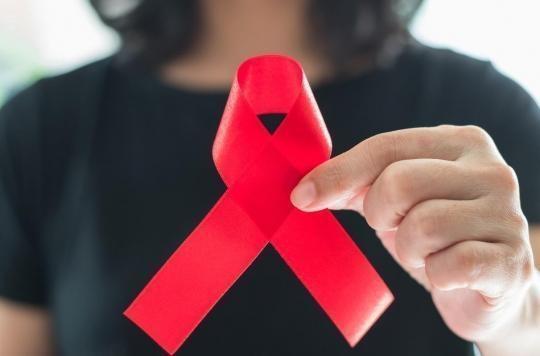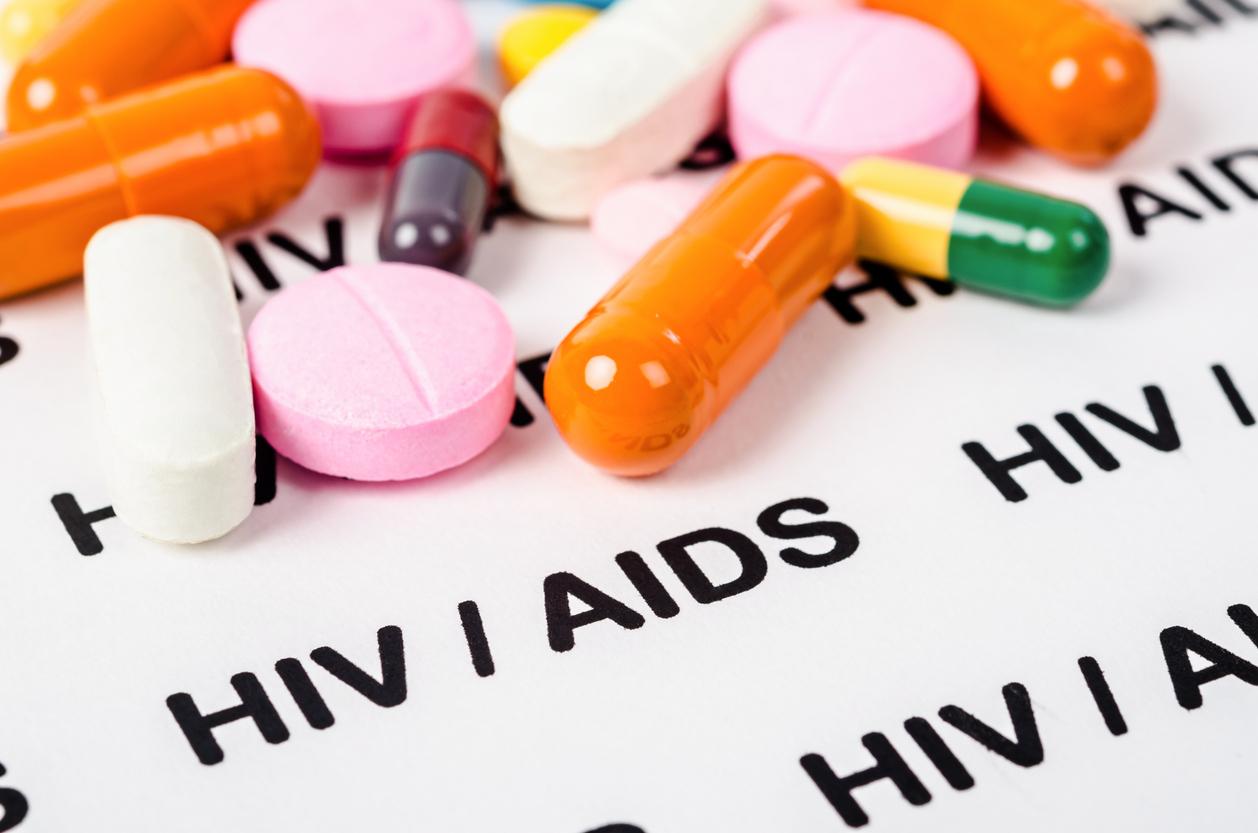In a large-scale clinical trial, researchers successfully tested a new drug against HIV: cabotegravir. An injection every two months would protect against the virus.

Nearly 38 million people live infected with HIV worldwide, according to UNAIDS, the joint United Nations program on HIV/AIDS. Each year, 1.7 million diagnoses fall and in 2018 the disease killed 770,000 people. To prevent the disease, PreEP, pre-exposure prophylaxis, is increasingly used. If it is 99% effective, it requires daily consumption for the person at risk. Today, as part of a clinical trial, researchers have succeeded in developing a less restrictive alternative: the injection of a drug called cabotegravir every eight weeks. The American Institutes of Health (NIH) announced the preliminary results of this study on Monday May 18.
For the latter, the researchers followed more than 4,500 people for more than three years in seven countries, including the United States, Thailand and South Africa. The subjects are men who have sex with men and transgender women, the groups most at risk of contracting HIV. Half of them received an injection of cabotegravir with PrEP placebo pills every two months while the other half received a placebo injection and real PrEP pills.
Results: 50 people were infected with HIV during this period. Among them, 12% were part of the cabotegravir group and 38% of the PrEP group. Thus, the injection would be 69% more effective than the drug marketed under the name of Truvada. The difference was so clear that the researchers ended the blinded trial prematurely in order to administer the injection to all participants.
“Very satisfied with the results”
“We are very pleased with the results, not only because of the high efficacy of cabotegravir, but also because we demonstrated the high efficacy in a study that adequately represents the populations most disproportionately affected by HIV: MSM (men with sex with black men) in the United States, young MSM worldwide, transgender women”, comments Kimberly Smith, director of research and development at ViiV Healthcare (GSK group).
Ultimately, cabotegravir may therefore be able to replace PrEP, used by at least 200,000 people in the United States. In France, where more than 170,000 people live with AIDS, the drug has been available since 2016 and covered by health insurance (as well as its generics). People who take it are medically monitored and frequently screened.
Research is progressing rapidly
Thus, if AIDS is still far from being eradicated, especially in sub-Saharan Africa where 25.5 million people are HIV-positive and more than half are unaware of it, research has made considerable progress in recent times. On March 10, doctors also announced that a second person was definitively cured of HIV thanks to a bone marrow transplant, ten years after the first case of cure. In 2019, the case of the “London patient” was presented at an American conference for the first time. He was then considered in remission. Today, the medical teams are unanimous: he is officially cured. The man is no longer being treated and no longer shows any trace of the virus in his blood.
Originally, he had received this transplant to cure his blood cancer. The transplanted stem cells came from donors carrying a rare genetic mutation, CCR5, known to block the implantation of HIV. “I feel a kind of responsibility to help doctors understand how this could have happened so that they can develop this technique”explained the former patient to the New York Timescalling his recovery “surreal”.

.

















